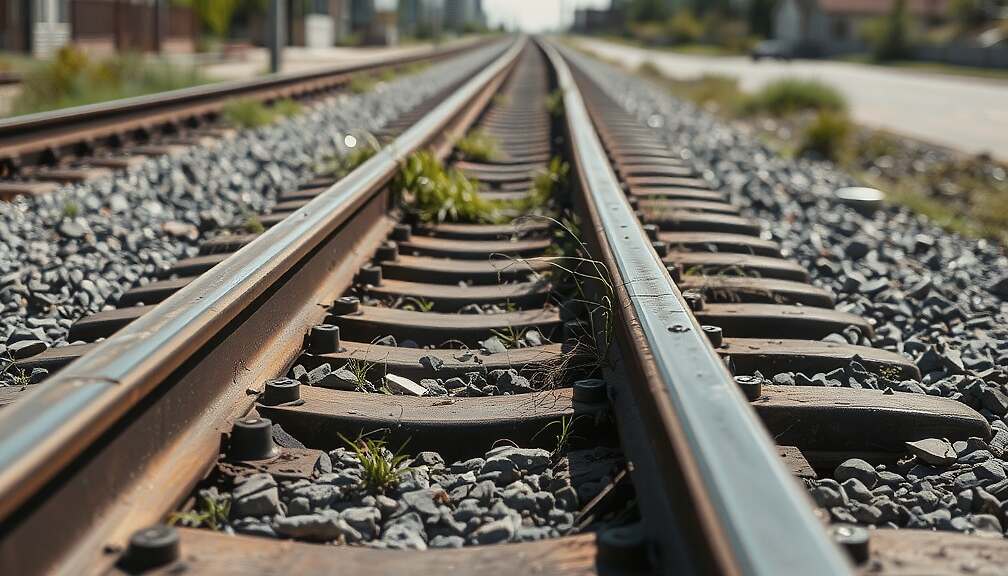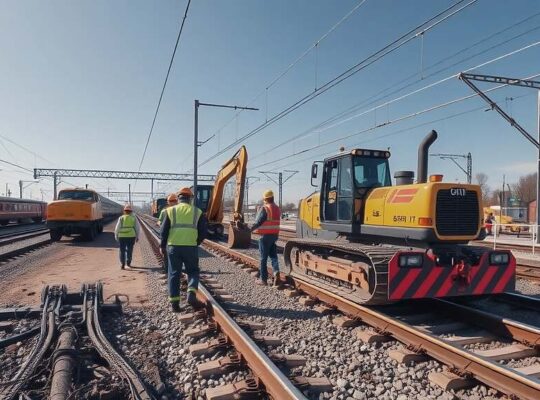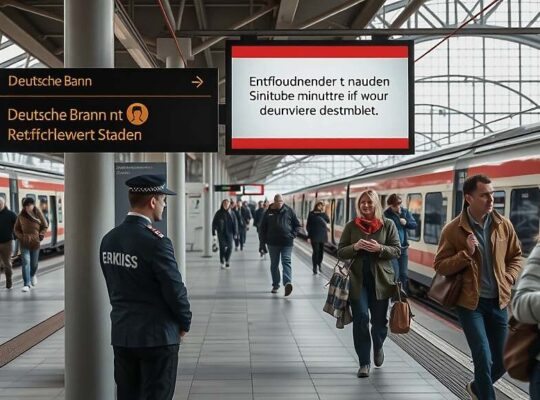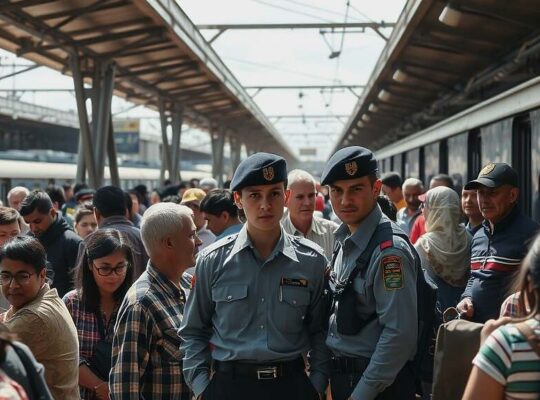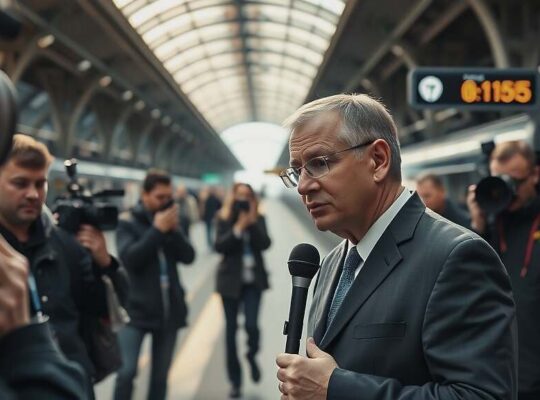The German national railway company, Deutsche Bahn, has announced an extension to the timeline for the comprehensive renovation of key rail lines, now expected to be completed by 2036. This adjustment aligns with the duration of a designated special fund established to support the extensive project.
The final decision regarding the sequencing of renovations for all corridors through 2036 will be made by the federal government. Initial plans had targeted completion by 2031, with a subsequent revised target of 2035.
For 2026 and 2027, the existing project order will remain unchanged, as contracts with industry partners have largely been awarded and rerouting concepts have been extensively discussed with railway operators. Detailed timetables are currently being finalized to accommodate the work. Renovation efforts in 2026 will focus on the lines connecting Hagen, Wuppertal and Cologne; Nuremberg and Regensburg; Obertraubling and Passau; and Troisdorf and Wiesbaden. In 2027, priorities will shift to the lines between Rosenheim and Salzburg; Lehrte and Berlin; Bremerhaven and Bremen; and Fulda and Hanau. Renovations on the Lübeck-Hamburg and Frankfurt-Heidelberg corridors have been postponed to subsequent years, maintaining a comparable volume of work in 2027 as in 2026.
Beginning in 2028, a revised schedule developed collaboratively with railway companies, industry associations and representatives from the federal states will be implemented. This new plan aims to reduce the number of simultaneous construction projects each year, a shift partly driven by resource limitations within the construction industry.
Proposed renovations for 2028 include the lines connecting Cologne and Mainz; Munich and Rosenheim; Hagen, Unna and Hamm; and Lübeck and Hamburg. The detailed project phasing for 2026 and the amended timeline from 2027 onward will be coordinated with the Federal Ministry of Transport in the coming weeks. The goal is to formally notify railway operators and other relevant stakeholders by mid-August regarding updates to the 2028 plans and anticipated capacity restrictions within the rail network for 2029, related to the necessary construction activities.


